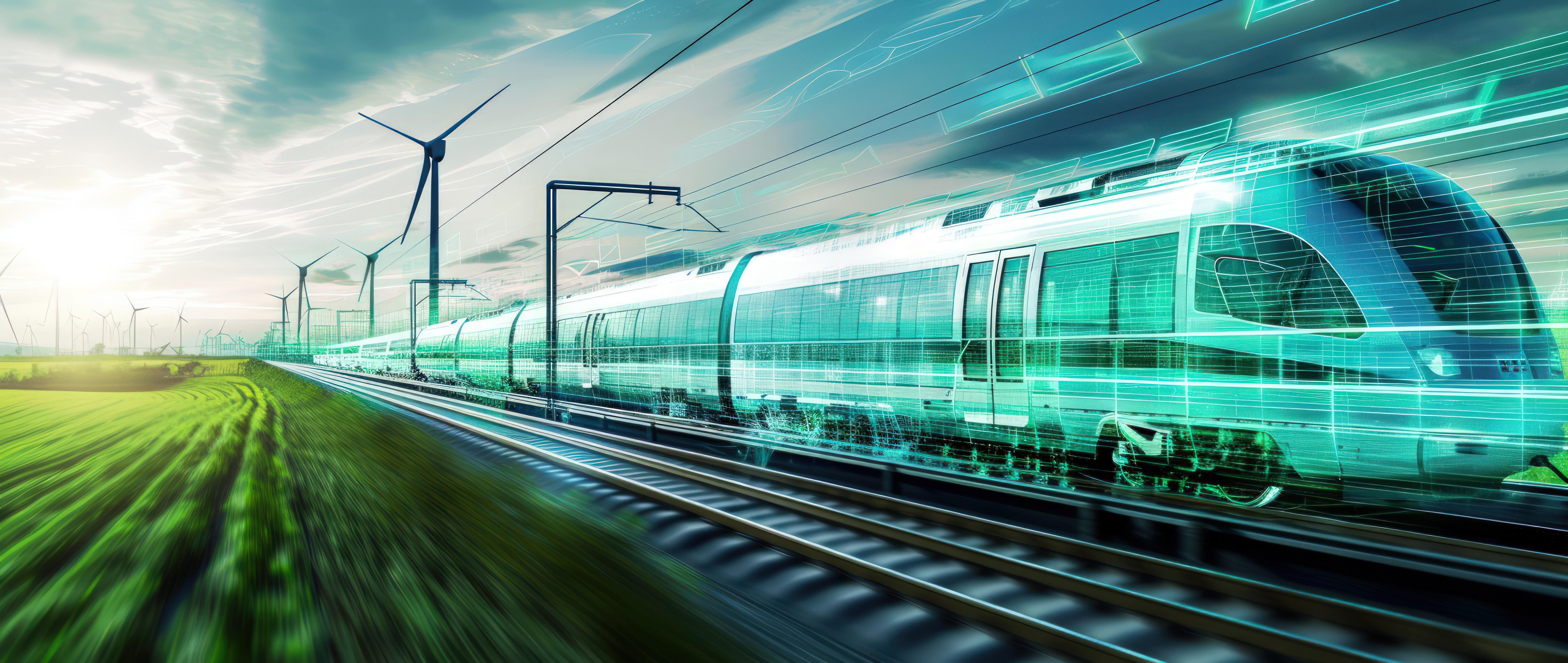Climate change and its consequences are a global challenge for society as a whole. It also requires cross-sector action in rail transport in order to meet the challenges. On the one hand, the consequences of climate change must remain manageable, while on the other hand, climate-damaging emissions must be reduced in order to achieve climate targets. On both points, there is a need to improve the resilience of rail infrastructure by accelerating the transfer of new and existing research results into application, as well as to reduce CO₂ emissions through new drive concepts and ways of generating energy, for example. In addition to these topics, which are currently dominating public perception, other technological developments are also of great importance for safe, customer-oriented rail transport. Examples include noise pollution and vegetation on and around the track. Here too, the institutes organized in the Alliance offer expertise and technology developments to reduce noise and reduce costs as well as negative environmental impacts in the context of vegetation in and around the track.
 Fraunhofer-Allianz Verkehr
Fraunhofer-Allianz Verkehr